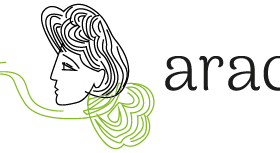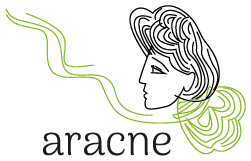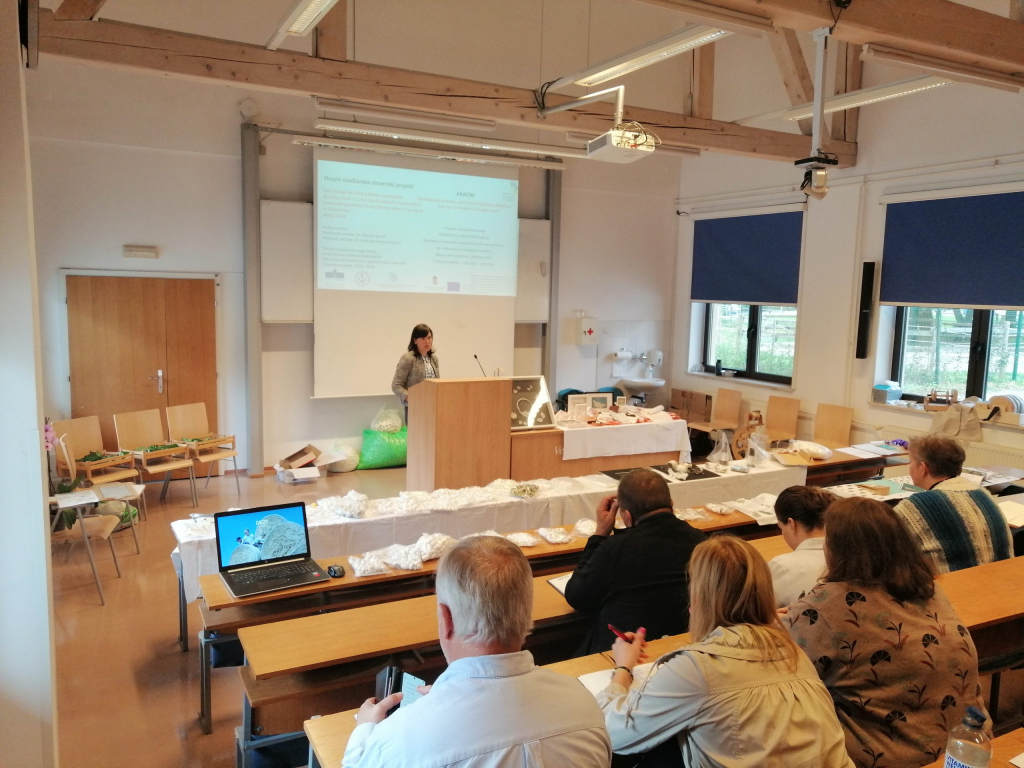On Saturday, 28 September 2024, the workshop on the revival of Slovenian sericulture and silk industry took place at the Faculty of Veterinary Medicine of the University of Ljubljana (UL) as part of the Slovenian Veterinary Congress 2024. The event was led by Dr Rebeka Lucijana Berčič (Faculty of Veterinary Medicine, University of Ljubljana), a veterinarian with expertise in epidemiological, microbiological and genetic aspects of silkworm diseases. Dr Berčič also heads the Institute of Sericulture and Silk Production (RLB Research Institute), which is dedicated to silkworm research and works closely with the lead institution of the ARACNE project, the Sericulture Laboratory at CREA Padova (Centro di Ricerca per l’Agricoltura e Ambiente, Laboratorio di Gelsibachicoltura di Padova).
The reintroduction of sericulture in Slovenia has become a sustainable agricultural practise, mostly in the form of a complementary on-farm activity, which, due to its unique and complex nature, requires a comprehensive understanding of horticulture, animal husbandry practise and textile technology. Given this interdisciplinary approach, the workshop offered a balanced exploration of all areas. The workshop began with a presentation by Dr Andreja Urbanek Krajnc, the coordinator of the ARACNE project at the Faculty of Agriculture and Life Sciences at the University of Maribor, on mulberry trees as fodder for silkworms and gave practical insights into the cultivation and care of mulberries. The participants were introduced to the recent activities of the ARACNE project consortium in the field of mulberry research and were invited to use the mulberry APP to report on mulberry trees in their neighbourhood. The sericultural part dealt with the principles of silkworm rearing and the management of viral, bacterial and parasitic infections and provided guidance on general health management for silkworms. Dr Tatjana Rijavec from the Faculty of Natural Sciences and Engineering presented basic procedures in silk cocoon processing and production of types of silk ropes.
Several specialised lectures dealt with the most important aspects of silk rearing, including the history of Slovenian silk production, the growth cycle of silkworms, health and logistics in silkworm rearing, the processes of cocoon spinning, cocoon harvesting and silk processing. In addition, the participants had the opportunity to admire the exhibition of traditional Slovenian silk handicrafts produced by local artisans.


